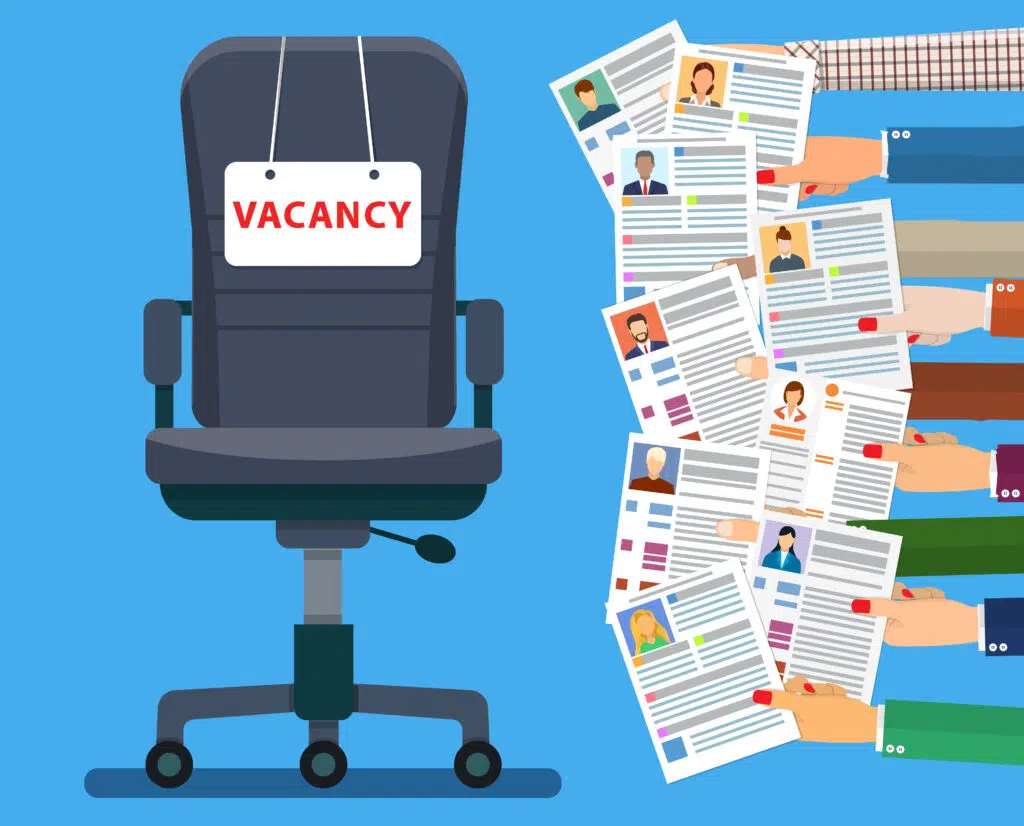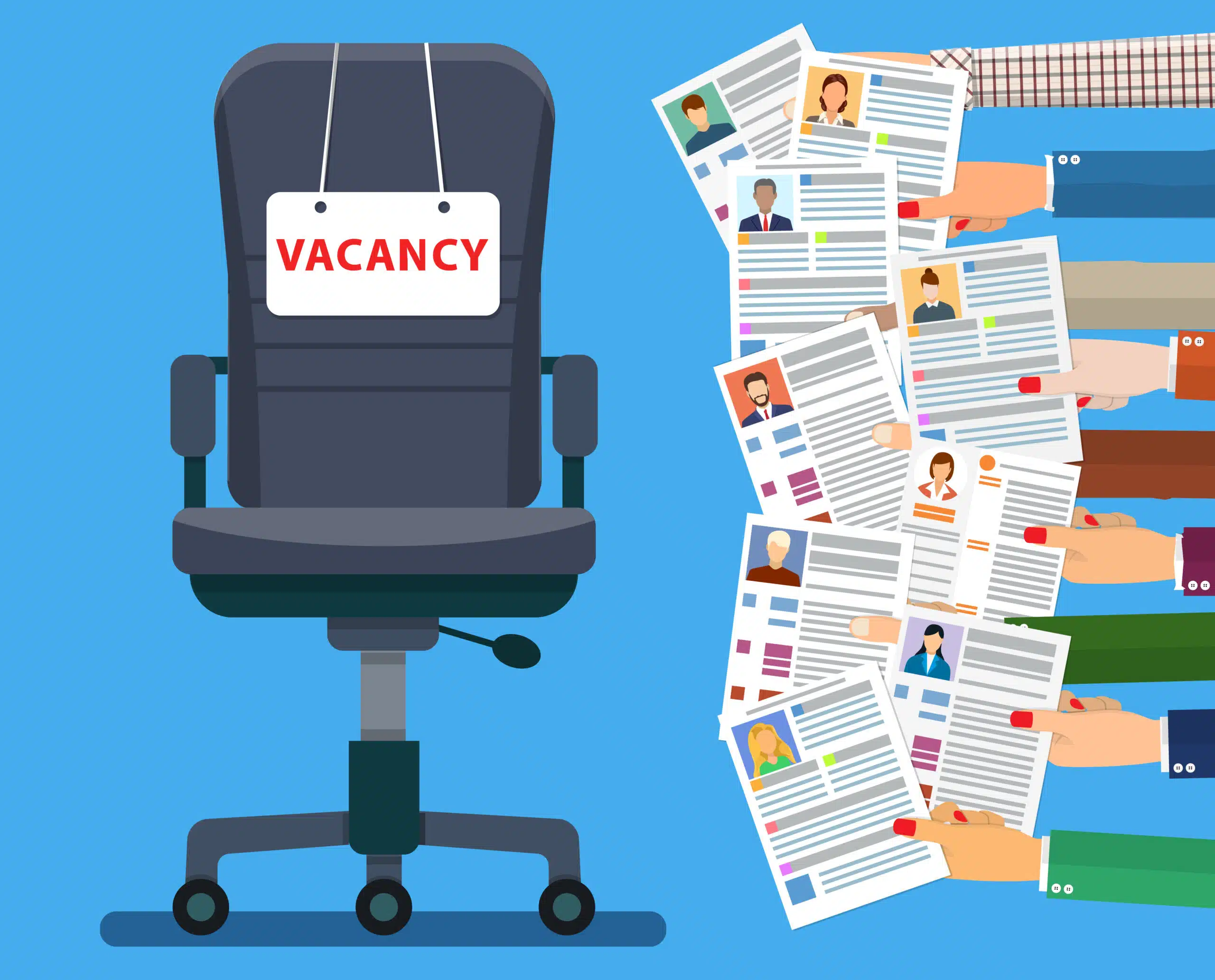
Taming the talent tsunami: Data-driven solutions for effective high-volume hiring
King Midas’ insatiable desire for gold ultimately turned his life into a curse. Food became inedible gold nuggets, and his daughter a gilded statue. He was trapped by his greed. You know what else is a trap? Clinging to outdated methods, despite their lack of scientific foundation.
Imagine a case of high-volume recruitment. The traditional approach is like shouting in a crowded marketplace, throwing a massive net and getting hundreds or even thousands of applicants. It is easy to overlook top talent in this sea of applications.
How can one avoid it? Is there another way to discover the diamonds among the rough in your talent pool?
Data-driven recruitment is a smart option. It is a powerful tool that cuts through the clutter and points to the perfect fit for your company’s culture and goals.
Here’s how data can be a game-changer for high-volume recruitment:
- Targeted sourcing: Forget generic job boards. Leverage niche communities and skill-based searches to reach the candidates you truly need. Analyse past hiring successes to identify your most effective sourcing channels.
- Objective selection: Data-driven assessments go beyond resumes, measuring relevant skills like coding or data analysis.This eliminates unconscious bias and ensures a fair evaluation.
- Predictive workforce planning: Study industry trends to anticipate future talent needs. For instance, data might reveal a growing demand for cybersecurity professionals, allowing you to develop a talent pipeline through strategic university partnerships.
- Job posting optimisation: This involves using keywords they typically search for. To find the most effective phrasing, A/B test different versions of your descriptions. For example, in a specific role, you could test whether “data visualisation” or “spreadsheet” attracts more qualified applicants.
The benefits are undeniable:
- Reduced bias: Traditional recruiting methods carry the risk of qualified candidates being overlooked because of unconscious bias. According to a 2022 Harvard Business Review article, there is a 25% chance of missing out on a qualified candidate from a different demographic background.
- Improved candidate selection: Data-driven recruitment eliminates guesswork by using objective data like skills assessments and past performance metrics to find the ideal candidate, regardless of background. According to SHRM, 61% of HR professionals say data analytics improve their hiring decisions.
- Streamlined process: Data not only improves candidate selection but also streamlines the hiring process by identifying bottlenecks like lengthy application reviews and inefficient interview scheduling. With the average time-to-hire in the US at 40 days in 2023, data-driven recruitment helps optimise and expedite hiring, bringing top talent faster.
- Enhanced candidate experience: Use data to personalise communication. Keep the candidates informed. They feel respected, and their time valued. This will enhance their experience and help strengthen your employer brand. Candidates today value transparency and respect.
Here is your roadmap:
- Define goals: What are you looking for—specific skills, experience or cultural fit?
- Collect data: Utilise your Applicant Tracking Systems (ATS), skills assessments, interview feedback, candidate surveys, employee referral programmes and social media data to whet your search.
- Implement solutions: Refine sourcing channels, revamp job postings and utilise skills assessments more effectively.
- Track and adapt: Data-driven recruitment is an ongoing process. Regularly track key metrics and be ready to refine your approach based on what the data reveals.
Remember, data is a tool, not a replacement.
As Josh Bersin, a renowned HR analyst, says, “Big data is great, but big wisdom is better.”
Data insights, along with your recruitment expertise, augment the hiring process. What could have been a guesswork game suddenly becomes a science. The insights help you strategically build your dream team of the best and the brightest; they help reduce costly hiring mistakes.
Are you ready to take the first step towards smarter hiring? Remember, every day that you wait, your competitors are gaining an edge.
